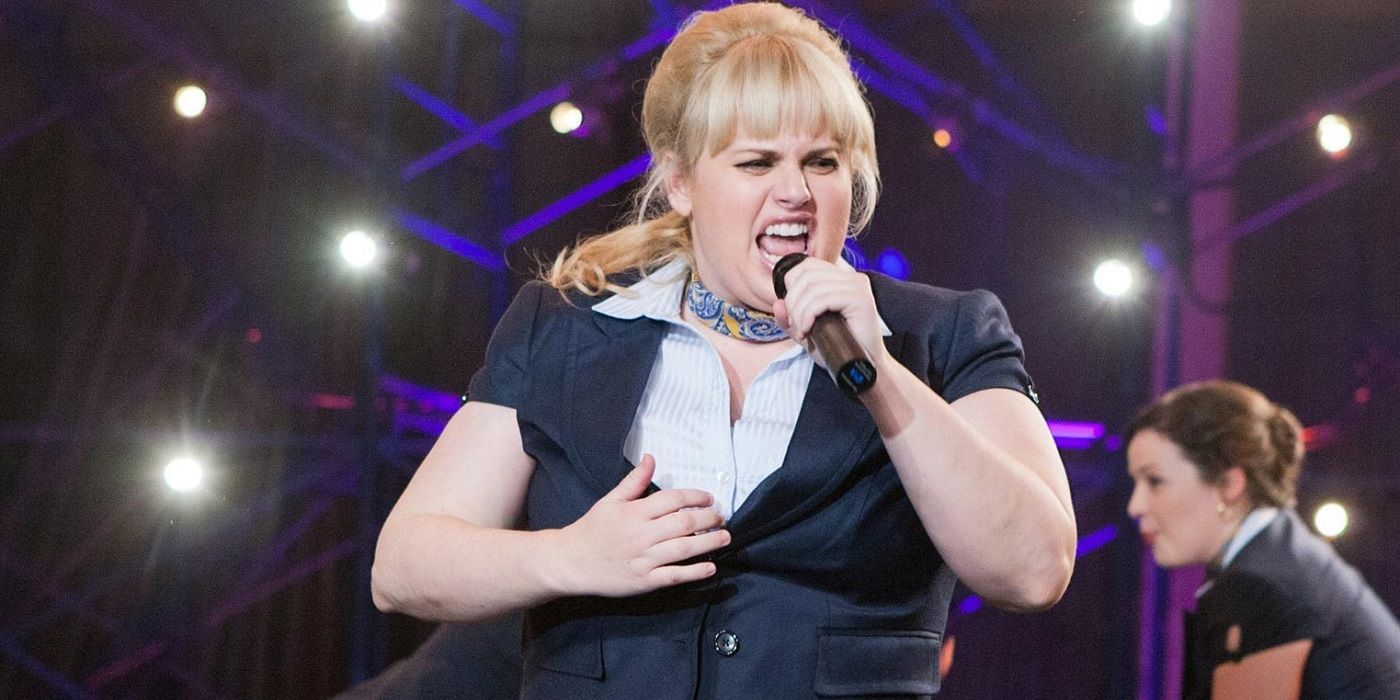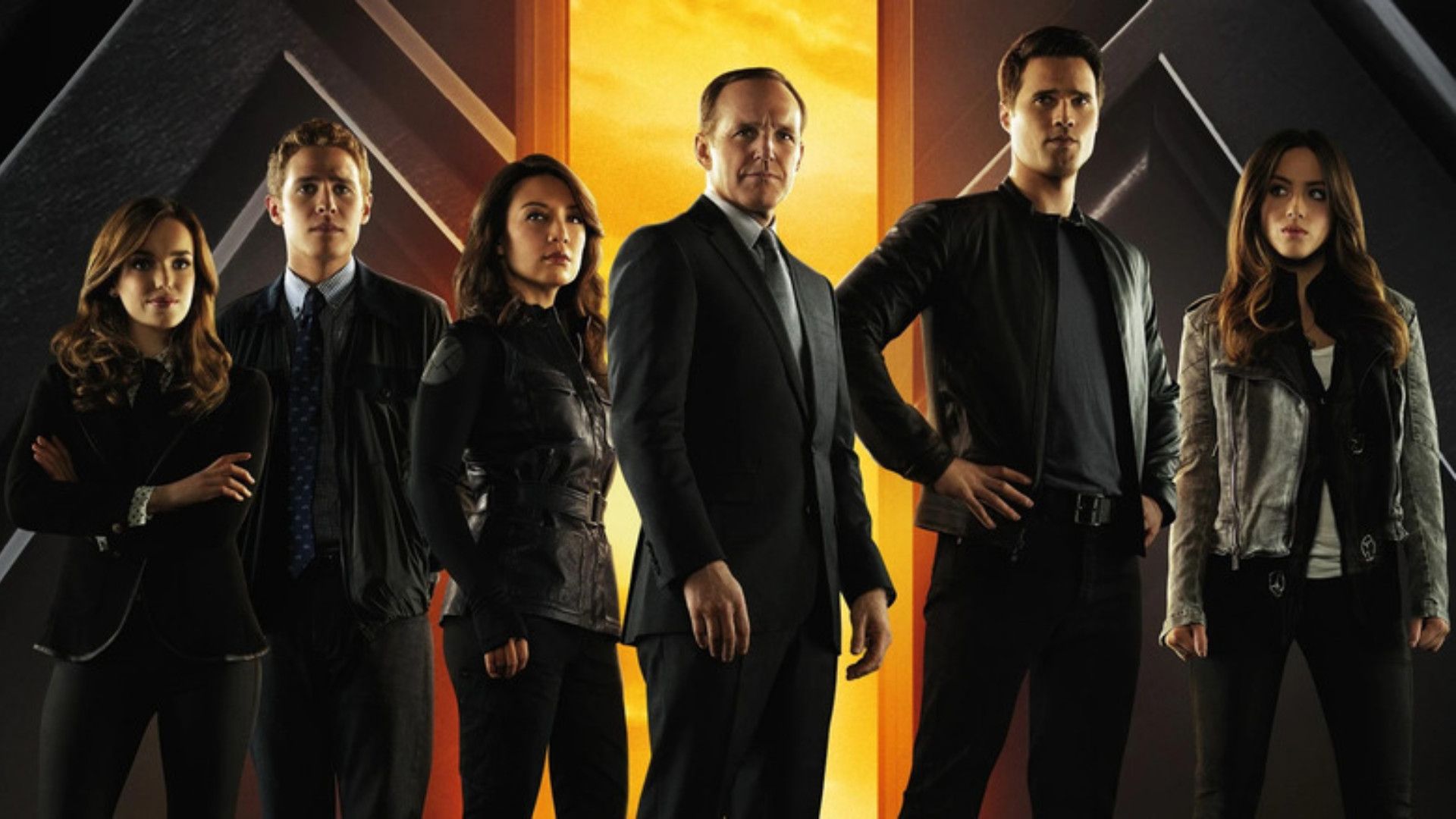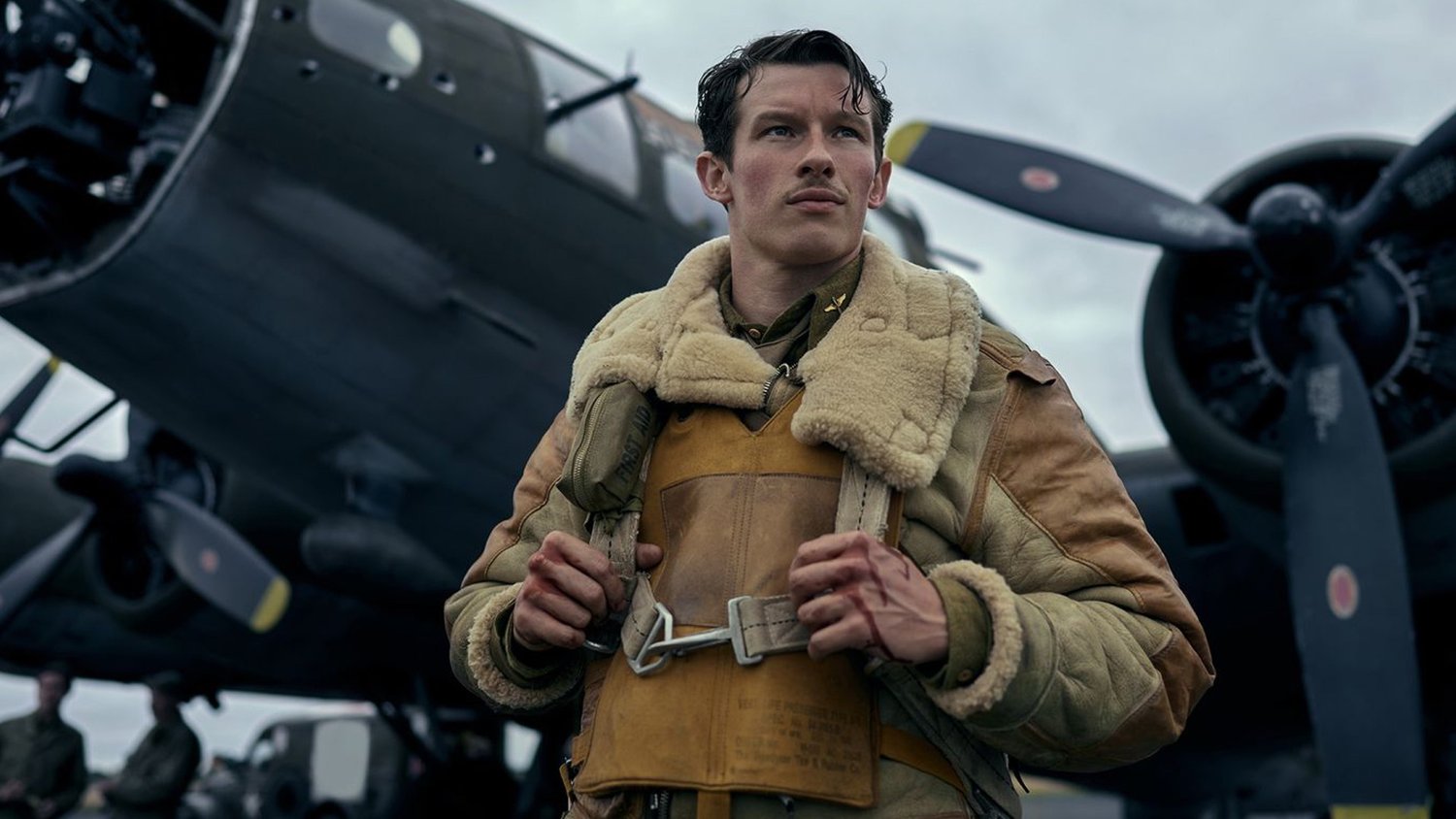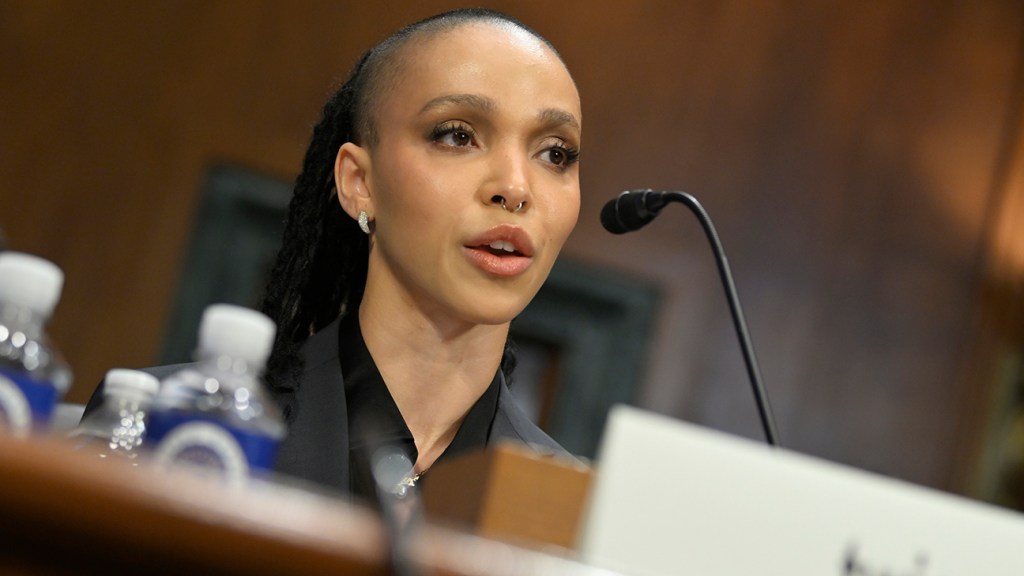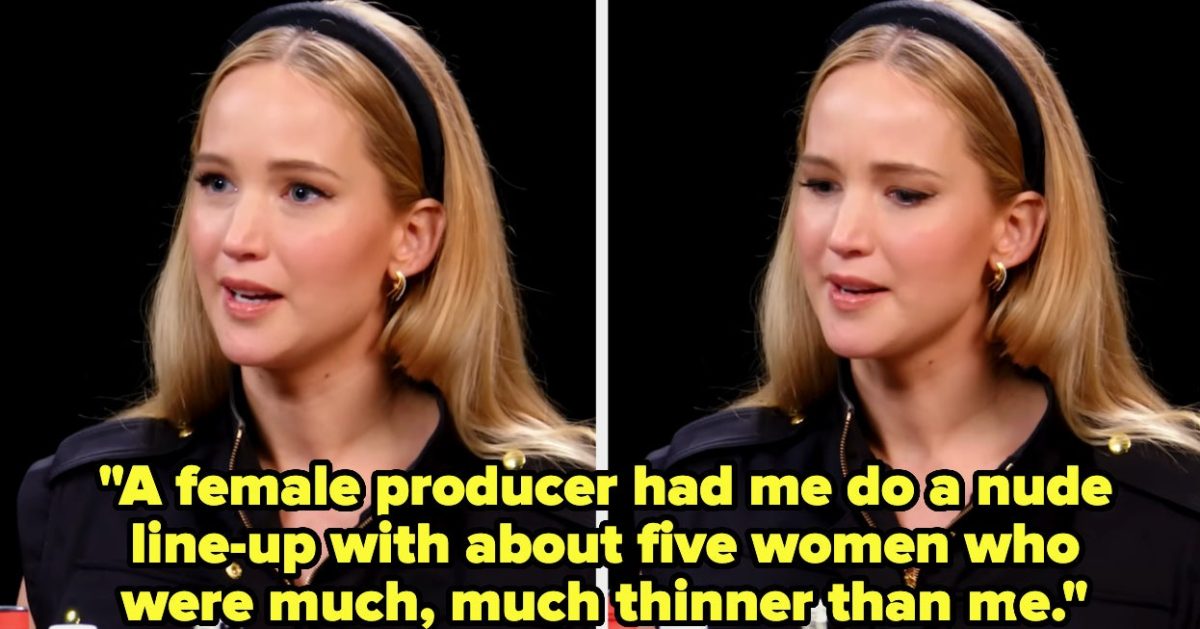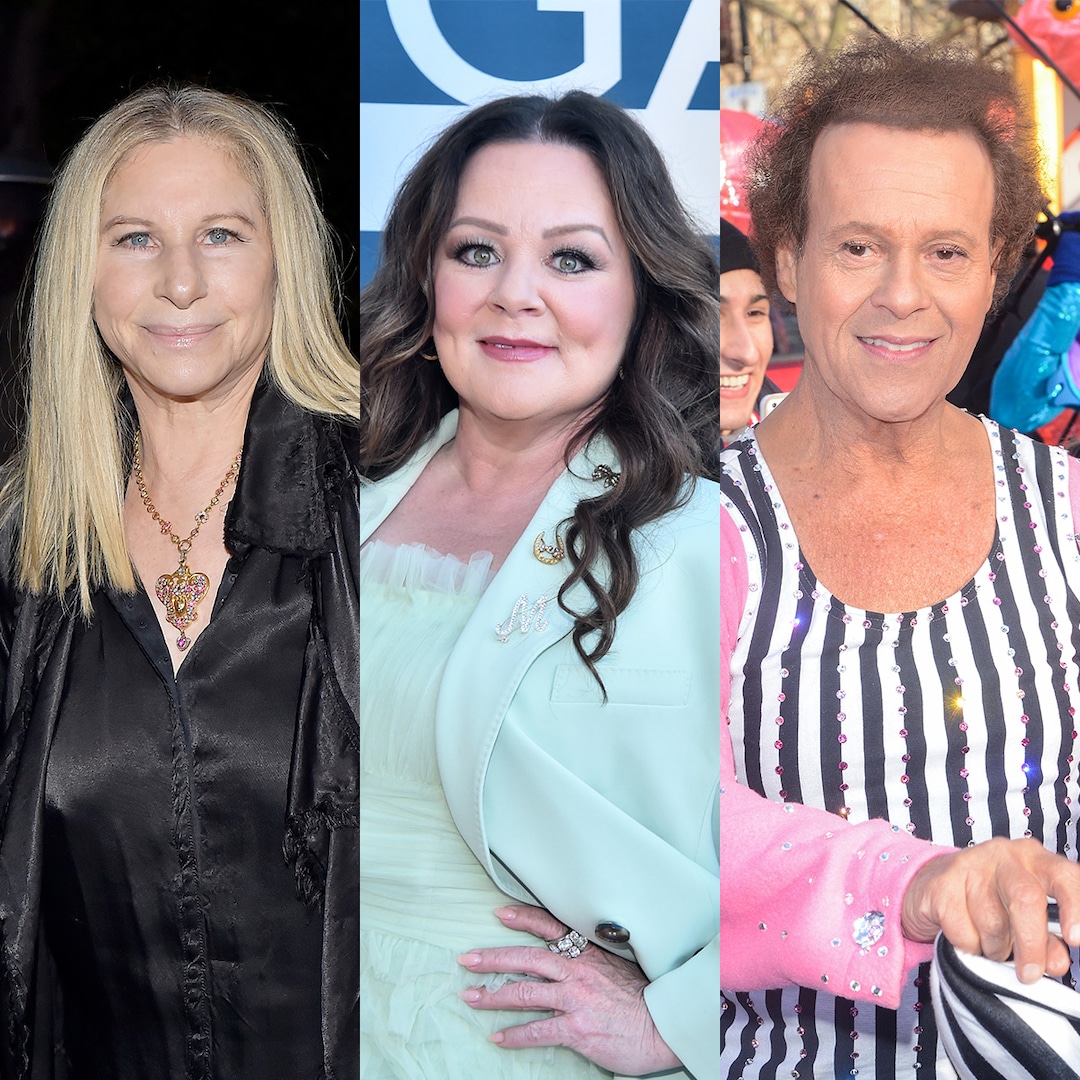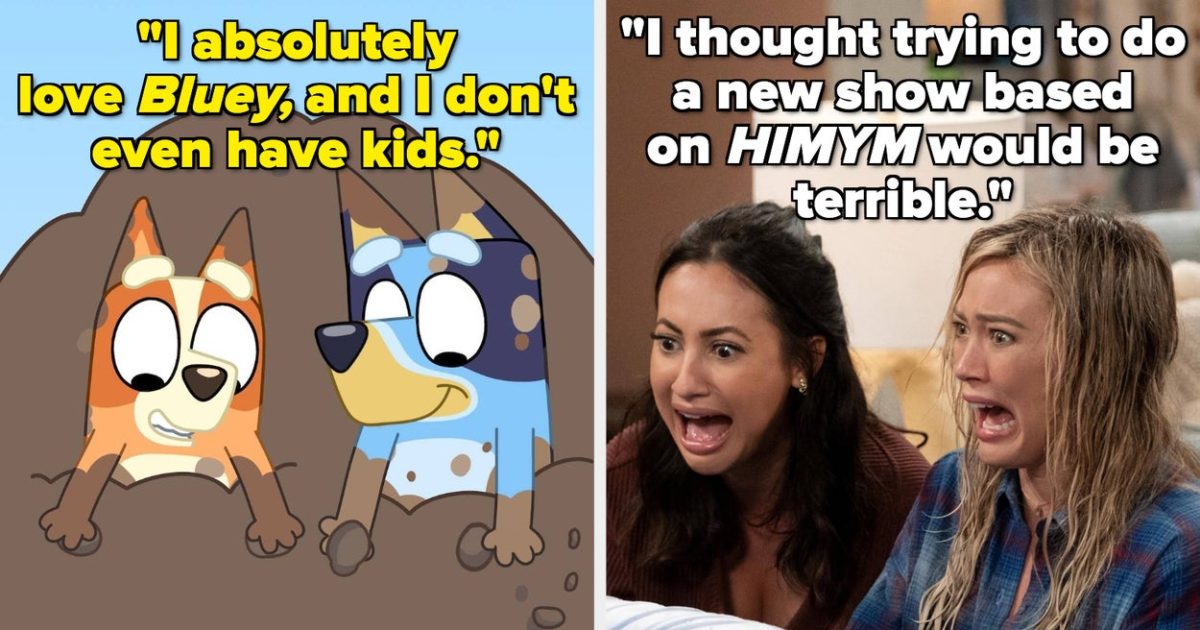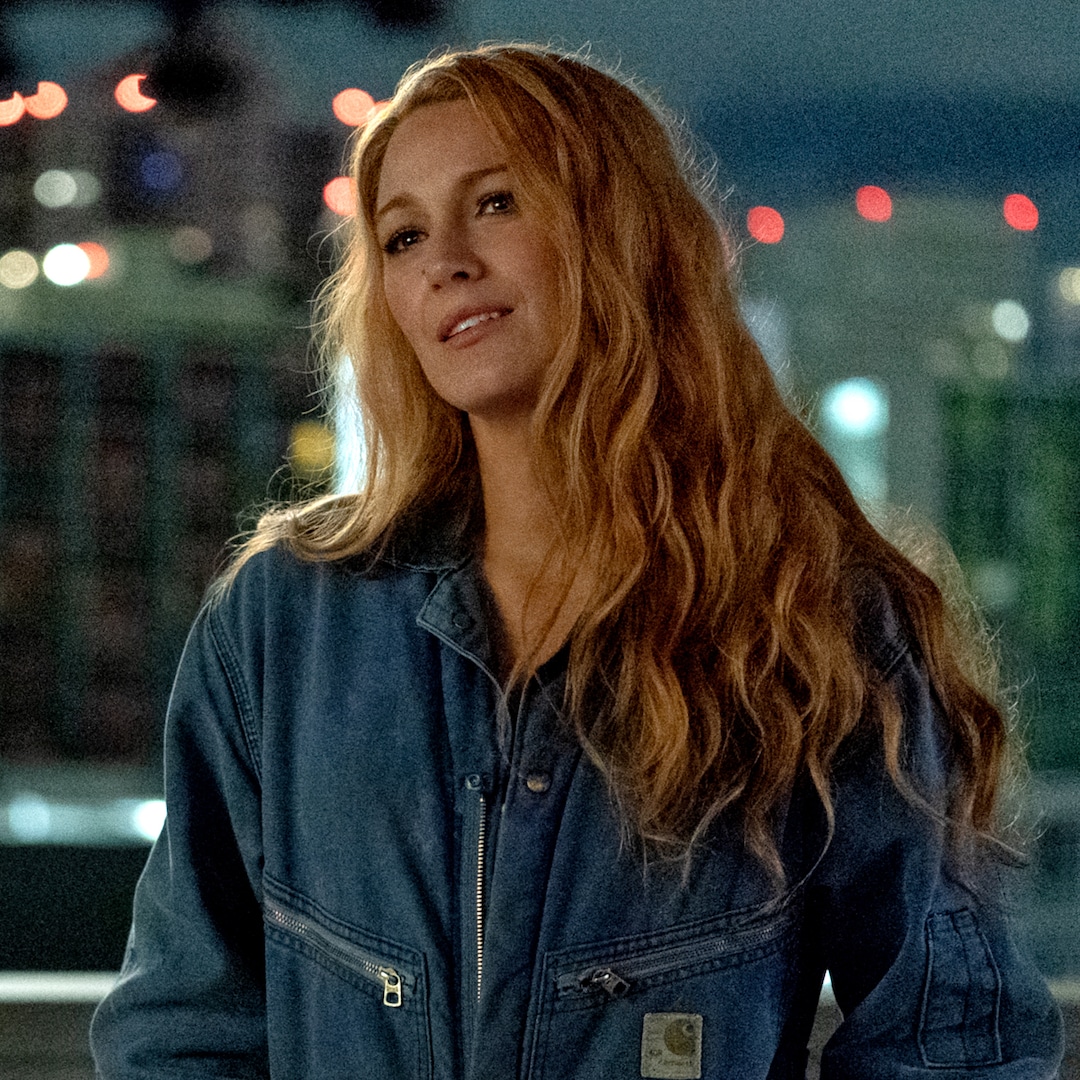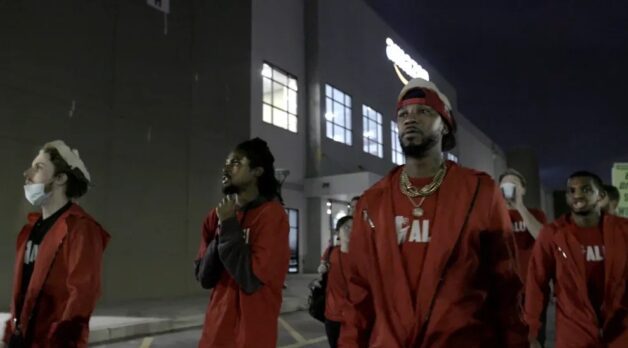
“The Good, Bad and Ugly of Organizing Against Amazon’”: Stephen Maing and Brett Story on their Sundance-debuting Union
Jan 22, 2024
Union
Stephen Maing and Brett Story’s unsurprisingly riveting Union is the one Sundance selection most assuredly not coming to Prime Video anytime soon — or ever. (Nor I’m guessing will the doc’s producers Samantha Curley and Mars Verrone be receiving any Amazon Studios Producers Awards from the Sundance Institute. That said, I wouldn’t be surprised if the Bezos behemoth did try to bid for Union to then bury it.) As its title succinctly implies, the film follows a group of very brave, and admirably unrelenting, activist-workers in their fight to unionize a Staten Island warehouse known as JFK8 back in 2021. Calling themselves the Amazon Labor Union (ALU), and led by the media-savvy Chris Smalls, it’s the classic David vs. Goliath setup. Only with Maing (whose Crime + Punishment followed the NYPD 12 whistleblowing cops) and Story (whose The Hottest August deeply embedded the Canadian director in NYC) jointly behind the lens — and on the frontlines — there’s enough street cred between the two to inspire the unwavering trust of their rightfully vigilant characters. Which, in turn, gives the critically acclaimed duo access to a tight-knit world the Blue Origin founder might try to infiltrate but could never imagine.
Just prior to the film’s January 21st (US Documentary Competition) premiere Filmmaker reached out to the intrepid co-directors to learn all about their teaming up to tackle this anthropological project and take on The Man.
Filmmaker: How did the two of you team up for this film in the first place?
Story: Steve and I have known each other and been fans of each other’s work for a few years now. When the producers of the film, Samantha and Mars, first contacted me and asked if I’d be interested in developing a project around Chris Smalls and his organizing at Amazon with them, I told them I was interested in exploring the idea of co-directing. Then all of a sudden Chris and the workers at the Amazon warehouse in Staten Island decided to start an actual union drive. Sam, Mars and I just jumped in right away.
I knew that this effort would be important to follow from its very beginning. More broadly, I was interested in making a film about a new generation of labor organizers, a generation that’s grown up entirely in the post-Reagan era of union decline and globalized corporate capital, and who would be learning, in real time, how to organize collectively and outside of mainstream union support.
We’d been filming for about five months when I reached out to Steve. He’s an incredibly talented cinematographer as well as director, and I admired the intelligent way he handled Crime + Punishment, his previous film about whistleblowers within the NYPD. Honestly, knowing how in demand he was I wasn’t sure what he’d say; but he was so game, and also recognized in this struggle the opportunity to make a film that’s as much about the future of work as it is the challenges of the contemporary labor struggle.
Maing: I had just gotten through a major period of production on a new project when Brett reached out about collaborating on this idea that Sam and Mars had begun. I was a fan of Brett’s first film, Prison in Twelve Landscapes, and was thrilled with the prospect of working with her. It was a big news story for New Yorkers when Chris had led the walkout in Staten Island; but as the story evolved I had been struck by the troubling familiarity of Amazon worker complaints — like productivity quotas, retaliation and the culture of fear — which had come up for me in a very different context with the whistleblower cops I’d embedded with in the NYPD.
The pandemic had made travel for Brett from Toronto more difficult, and I was happy to get involved. What I appreciated about the proposition and spirit of the team was the feeling that while there was no certainty of what the film would be exactly — or if there would even be a film — we were all committed to following this wherever it might go.
Filmmaker: Since you’re both acclaimed filmmakers in your own right, I’m curious to learn what were some of the pros and cons (or challenges) of working with a co-director on this project?
Story: Working with Steve has made me a better filmmaker, absolutely. We each have our strengths and limitations, some of which overlap and some of which don’t, which means that I’ve learned so much from him about a lot of things, including dedication, building relationships with protagonists, patience and commitment in the field.
We are two strong-willed filmmakers who also have track records of wearing a lot of different hats on our own projects, and so working together has forced us both to articulate our ideas better, try new things, and critically assess our own assumptions about how a film should work. And that can be hard! One doesn’t always want to argue about why or why not they want to make a certain choice, but at the end of the day it’s crucial — or at least it was for me — to develop new muscles as an artist. I feel so deeply grateful to have had the opportunity to work with Steve on this film.
Maing: Creative collaboration is at the heart of this filmmaking, so it was a special opportunity to do that with someone whose work and political commitment I admired. I think the dynamic balance between being challenged and inspired is where the electricity of our best decisions eventually emerged. Observational nonfiction is always inherently complex, and the intensity and unpredictability of following this story in particular challenged all of us.
But what can never be seen is the collective effort to move through the multitude of discussions, the act of holding space for each other’s ideas, and all the experiments that led us to collective decisions. While not the easier path, this made for far more rigorous and interesting solutions. I’m grateful to have worked with Brett and our entire team on something we all cared deeply for and believed in — a testament to the growth and commitment I think we all experienced.
Filmmaker: How did you go about gaining the trust of all the participants? I assume your past work embedded with communities in NYC and showcasing underdogs (and the systems that hold them down) may have assuaged some concerns.
Maing: I think it was incredibly meaningful for our producers Sam and Mars to have reached out to Chris Smalls at the time they did. He had recently led a worker walkout because of a lack of health and safety protocols, and the stakes for what was needed next couldn’t have been higher — all while the public support and attention he received seemed fleeting.
So our years-long presence with them in the field, particularly with cinematographer Martin DiCicco, was always about building and maintaining strong relationships based on trust, care and transparency.
For me personally, the seven years I had previously spent embedded with local communities and whistleblower cops in NYC did often help me introduce myself and get connected to workers and organizers. During the process of meeting new participants, I sometimes shared Crime + Punishment to help illustrate how seriously I took their risk, concerns and efforts. I think the inherent similarities of both groups of people pushing back hard against cultures of fear, retaliation, and essentially structural racism, was definitely helpful at times in articulating the very foreign idea of collaborating in a documentary.
But most importantly, I think the participants could always feel that we simply cared to witness and understand their experiences and efforts; and I imagine they could sense the importance of other workers one day seeing that organizing was a risk worth taking.
Story: I think our entire team is really exceptional at building relationships of trust and respect, and that’s the first step. Sam and Mars had already developed a good relationship with Chris Smalls when I came onboard, and when our DP Martin DiCicco and Steve came onboard they both became fixtures in the field with the Amazon workers and organizers.
I think the participants trusted us because, from the go, it was clear how much we respected them; and we put in the work just like they were putting in the work. We showed up to document their efforts when no one else — not the mainstream labor movement, not politicians, not the media — was. It’s important to remember that no one thought they would succeed — they were trying to organize a workplace that was deemed “unorganizable,” and had very few resources or supporters. But we believed in them and that helped us build trust.
I also think it has always been clear that we’re there to document something true to their experience, not shoehorn them into a pre-formulated agenda or easy narrative arc.
Filmmaker: How did you actually collaborate with all these strong-willed characters (most notably Chris Smalls) throughout production? Were the workers shown rough cuts along the way? Did everyone have a say in the final cut?
Story: The participants fully trusted us to document their effort truthfully, and did not intervene or ask to see footage or cuts. When we were very close to finishing we showed it to all of them just to vet for anything that might be very high-risk or get anyone fired from their jobs; and we were deeply gratified when all of our participants responded well to the film. They feel like it accurately reflects what they did and what the challenges were for them during the period that we were filming.
Maing: It is a testament to their good nature, but also the intentions of Chris and all the participants, that they unflinchingly let our cameras film almost everything. Chris would often say early on that we, the doc crew, were going to see “the good, bad and ugly of organizing against Amazon.” I think this proved to be true. They never asked to have a say in the final cut, though I’ll never forget Chris’s main critique of the film — that the title Union would be a tough Google search, not to mention a hard word to design a T-shirt for!
Filmmaker: What’s been the response/pushback from Amazon from start to Sundance? Considering Amazon Studios’ relationship with the festival — not only as a showcase for its own projects, but also as sponsor of the Sundance Institute’s Amazon Studios Producers Awards — I can’t imagine the company is all that excited for the doc’s Park City debut.
Maing and Story: Amazon hasn’t communicated much to us as a filmmaking team, and we honestly have no idea what they will think of the film or the fact that it’s playing Sundance. The company seems more focused on stopping the ALU’s efforts than anything related to our film. We hope that anyone who watches the documentary, whether or not they work for Amazon, recognizes this story is much bigger than one company; that it’s really about the exploitative structure of our economy and the desire among ordinary people to collectively build power.
Publisher: Source link
15 Nightmare Audition Experiences Actors Shared
She said that, at a film festival several years down the road, a drunk producer told her, "Oh, Thandie, I've seen you recently!" She said, "And he lurched away, looking really shocked that he'd said that."Her husband, Ol Parker, spoke to…
May 2, 2024
Richard Simmons Defends Melissa McCarthy After Ozempic Comments
Ozempic is no laughing matter for the comedian. Handler revealed her "anti-aging doctor" prescribed her the medication without realizing what the drug was. "I didn't even know I was on it," she said during the Jan. 25, 2023 episode of Call…
May 2, 2024
Schitt’s Creek, Love Is Blind, & Other TV Shows People Didn’t Expect To Love
Schitt's Creek, Love Is Blind, & Other TV Shows People Didn't Expect To Love We asked the BuzzFeed Community to tell us the TV shows they didn't think they'd like for even one second. But, by the grace of the…
May 1, 2024
It Ends With Us First Look Teases Lily & Atlas’ Reunion
The countdown to It Ends With Us starts now. After some adjustments on the calendar, the highly anticipated film adaptation of Colleen Hoover's novel is officially coming to movie theaters on August 9, Sony Pictures confirmed, promising it to be the "movie…
May 1, 2024
